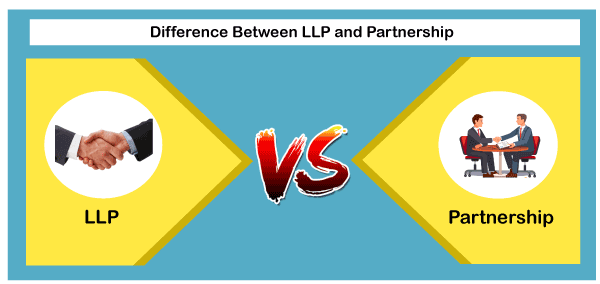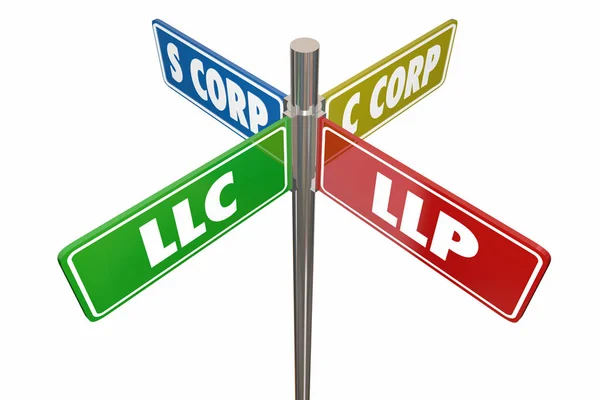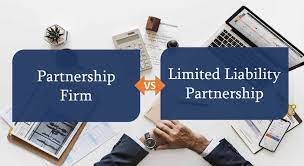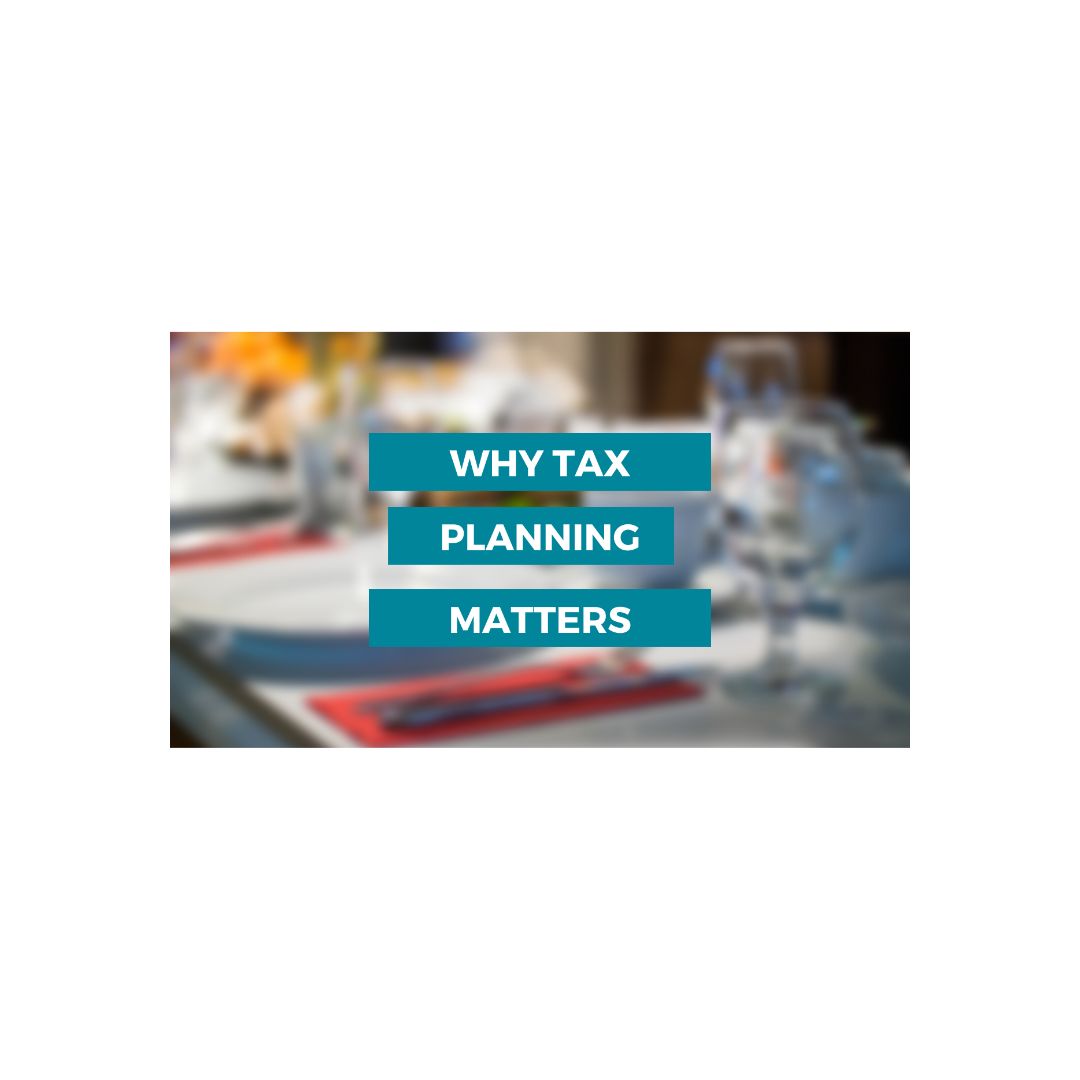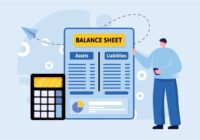Partners remuneration: Can LLP partner take salary ?
Partners remuneration Yes, partners of a Limited Liability Partnership (LLP) can receive a salary or remuneration from the LLP, subject to the terms and conditions specified in the LLP agreement. The LLP Act, 2008 does not prohibit partners from receiving a salary. Limited Liability Partnerships (LLPs) have become increasingly popular as a business… Read More »


